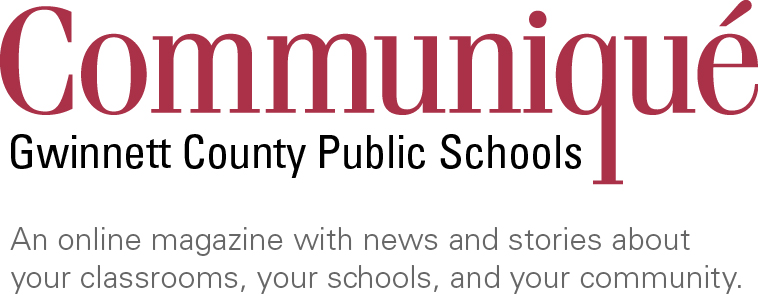Spring 2020 will long be remembered as one of the most challenging times for our nation, and for all educators in the public schools that enroll approximately 90% of America’s K-12 students. In Gwinnett County Public Schools it is both our privilege and our responsibility to see that the education our students receive is responsive to their academic needs, as well as their physical and emotional well-being. We work hard at it every day, including in the recent weeks when we faced a global pandemic, followed by very public reminders of the racism that still exists in our country and a period of devastating social unrest.
As we attended to our core business of teaching and learning, we added frightening new terms to our vocabulary – coronavirus, social distancing, PPE, flattening the curve. And we were introduced to strangers like Ahmaud Arbery, Breonna Taylor, and George Floyd whose names now are indelible in our hearts and minds. They were people who once lived, worked, played, worshipped, and loved in communities not unlike our own. We are shocked, sickened, and saddened by the shameful ways in which their lives were ended, and we grieve for them and their families. Still, we cannot fathom the impact of these tragic incidents and others on the Black members of our community who are fearful, hurting, and angry that these injustices continue to occur.
The challenge for us now is to respond compassionately and effectively to these turbulent times when the very soul of our society is being tested. For guidance, we turn to the Core Beliefs and Commitments adopted by the Gwinnett County Board of Education. That foundational document of the school district’s strategic direction expresses the Board’s commitment “…to the civic virtues that bind together communities of many cultures, faiths, viewpoints, interests, and histories into a unified nation. E pluribus unum. Out of many, one.” This commitment holds significant meaning for every person employed by, or served by, our schools.
Out of many, one… we must come together to speak out and address racism. In addition to what must be done in the home and by the faith community to mend our fractured world, our schools must be welcoming places of unity, acceptance, understanding, tolerance, and hope. Schools alone cannot solve society’s problems and eradicate its ills. But schools can do a lot to counter the ignorance, disrespect, prejudice, and fear that allow a community to become a fertile field for hatred and divisiveness. In Gwinnett County Public Schools, the Board of Education and I are committed to continuing to do everything we can to keep this from happening here.
It goes beyond our commitment to educating every student to the highest level possible. We will expand and improve the school district’s work already underway in the areas of equity and inclusion and continue to review our policies and procedures to make sure they cause no harm to any student or group, but foster a learning environment that increases opportunities and promotes success for all. That requires us to acknowledge the blind spots we may have based on our personal lived experiences, and to remove them through meaningful conversations within our diverse community where we truly listen to one another and build bridges of understanding. Specifically, we will maximize the value of our involvement in the Georgia 3 R’s Project, which emphasizes the Rights, Responsibility, and Respect that apply to every child and adult in the school district. We will cultivate support for our efforts through partnerships with the local faith community and organizations that share our commitment to encouraging and shaping a more just, equitable society.
The 181,000 students and 23,000 employees of Gwinnett County Public Schools are being impacted by the dual crises of the COVID-19 pandemic and the current social unrest in very different ways. We must try to understand one another’s point of view, be sensitive to each other’s feelings, and take what action we must to address the issues and make things better for all the members of our society. Our message and our model of behavior must be “All are welcome, all are valued, here.”

